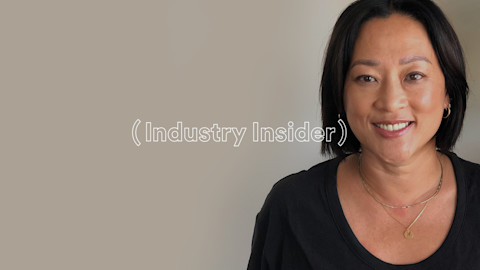Producers Sanford Parker and Alex Newport discuss the finer points of demoing your songs before heading into the studio.
Congratulations: You’ve written enough songs for an album. The studio is booked and you’re fully rehearsed. Should you make a demo first? And if so, how fully fleshed out should it be? Should you have all the details set in stone, or should you leave room for experimentation? Is leaving songs intentionally unfinished a creative opportunity—or a recipe for disaster? We spoke with veteran producers Sanford Parker (Wovenhand, Thurston Moore, YOB) and Alex Newport (Bloc Party, Death Cab for Cutie, At The Drive-In) to find out.
Don't: Skip it.
This might seem like a foregone conclusion for a post like this, but Parker points out how few artists actually bother to make a demo before hitting the studio. “More often than not, I don’t get a demo at all,” he says with a laugh. “It’s getting better because recording equipment is getting cheaper and more accessible, so people are starting to demo more. But you’d be surprised how many bands today don’t demo their stuff. And that just makes it trickier. I like to have an idea of what I’m getting into.”
While Parker strongly prefers to hear a demo before production begins, Newport insists on them for new clients. “Pre-production demos are absolutely huge for me,” he says. “If there’s an artist that I’ve worked with multiple times and I’m aware of what they’re capable of or what their direction is, it might be less important. But for an artist that I’m working with for the first time? I wouldn’t even book a session until I get those demos. That’s how important they are.”
Don't: Worry about sound quality.
Parker and Newport agree that getting the song idea down is far more important than worrying about the fidelity of the demo itself. “Although demos are vitally important for a producer and the artist themselves, the quality of the demo is not,” Newport says. “The song itself is the focus, but you don’t need to spend forever on them. Just get the idea down, and move on to the next one. You can always go back and revise it.”
You don’t need an elaborate recording setup, either. “You don’t have to have a Pro Tools rig or anything like that,” Parker says. “I’ll tell a band to just record a practice on their phone. And with phone recording, you don’t even really need to get together with your band. You can get the idea down and have them check it out and they can write their own parts. The important thing is that you capture it so you can go back and listen to it.”
Do: Leave room for experimentation.
While the demo itself is essential, laying out a complete song is not. In fact, it’s better to leave some room for experimentation. “I always say leave about 20 percent for the studio,” Parker says. “The main thing is getting the arrangements and the tempos—really basic stuff like that. Get the meat and potatoes laid out, and we’ll figure out the gravy on the spot.”
“I really only need a verse and a chorus—and sometimes only a chorus,” Newport says. “If you’ve got that, it’s easy to build up a song. I just need to see some direction or intent and then I can help take it all the way. As long as we have that backbone of a chorus or a verse and chorus, the rest is really easy.”
Do: Pay special attention to tempo and vocal placement.
Is your song a high-BPM dance banger or a languid ballad—or something in between? You're better off figuring it out before you start burning up valuable studio time. “Many times we’ll get into the studio and start tracking, and we spend multiple takes just trying to get the right tempo,” Parker says. “But that could’ve easily been sorted by recording a demo.”
If you’re making music with vocals, you don’t necessarily need to have all your lyrics worked out for a demo. But knowing where the vocals go is crucial. “What is no good to me is an instrumental track where there are supposed to be vocals but there aren't any,” Newport says. “It doesn’t have to be perfect—you can just be singing, ‘Blah, blah, blah’ as a placeholder. You can figure out the lyrics later.”
Don't: Stress out.
Your demo is just a template. Capture the basic song idea without obsessing over minutiae or going down the technology rabbit hole. “You don’t want the recording process to get in the way of the songwriting,” Parker says. “The idea is to keep it simple and easy and quick—so when you have an idea, you can get it down right then. Otherwise, you’re gonna get lost.”
“At the end of the day, it’s still a demo,” Newport points out. “Everything’s gonna get redone. The key is to not fall into the trap of perfecting it too much, because that’s time that could be spent coming up with another song.”
—J. Bennett
Popular Stories
video
How Julia Wolf Made It




